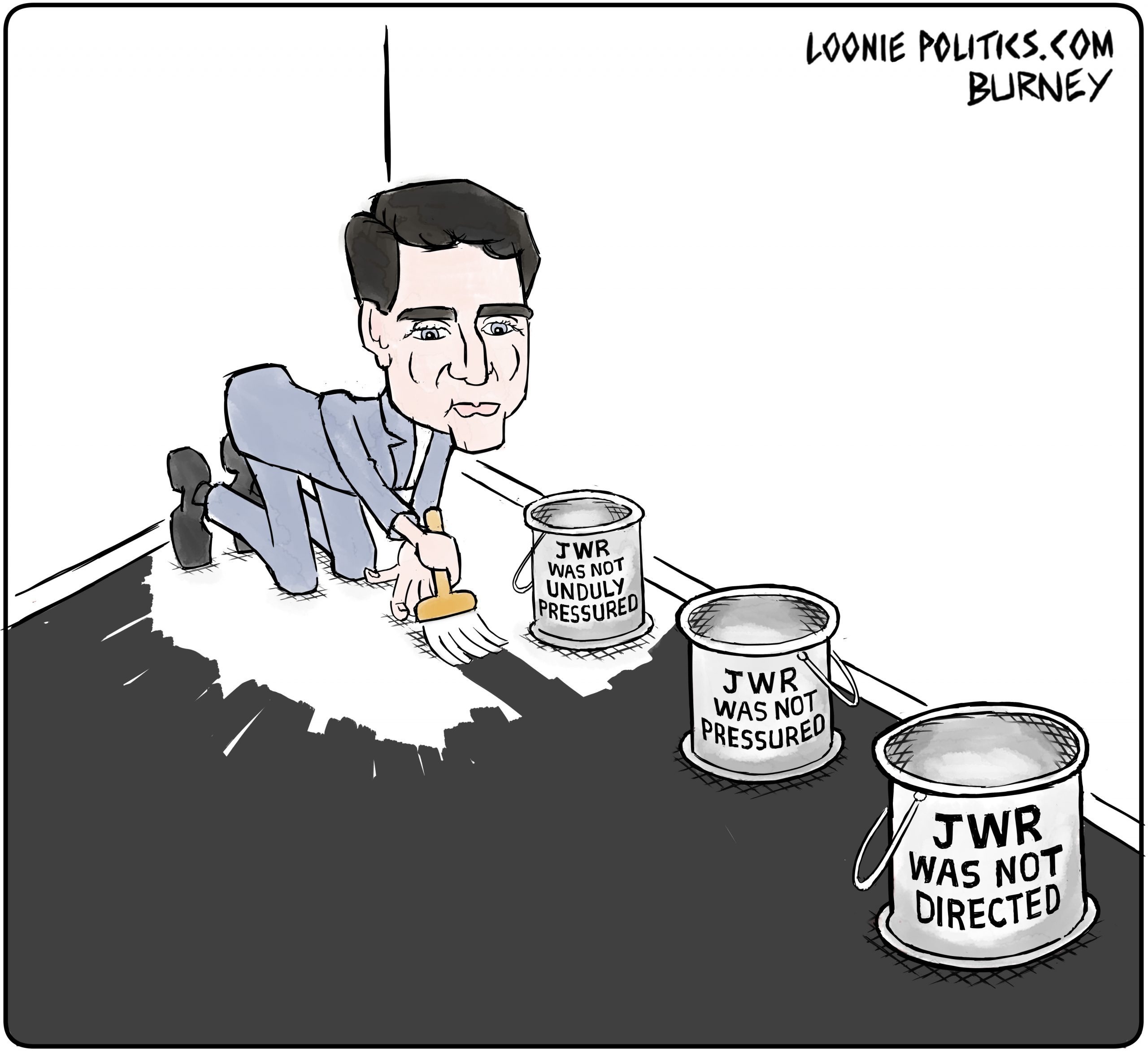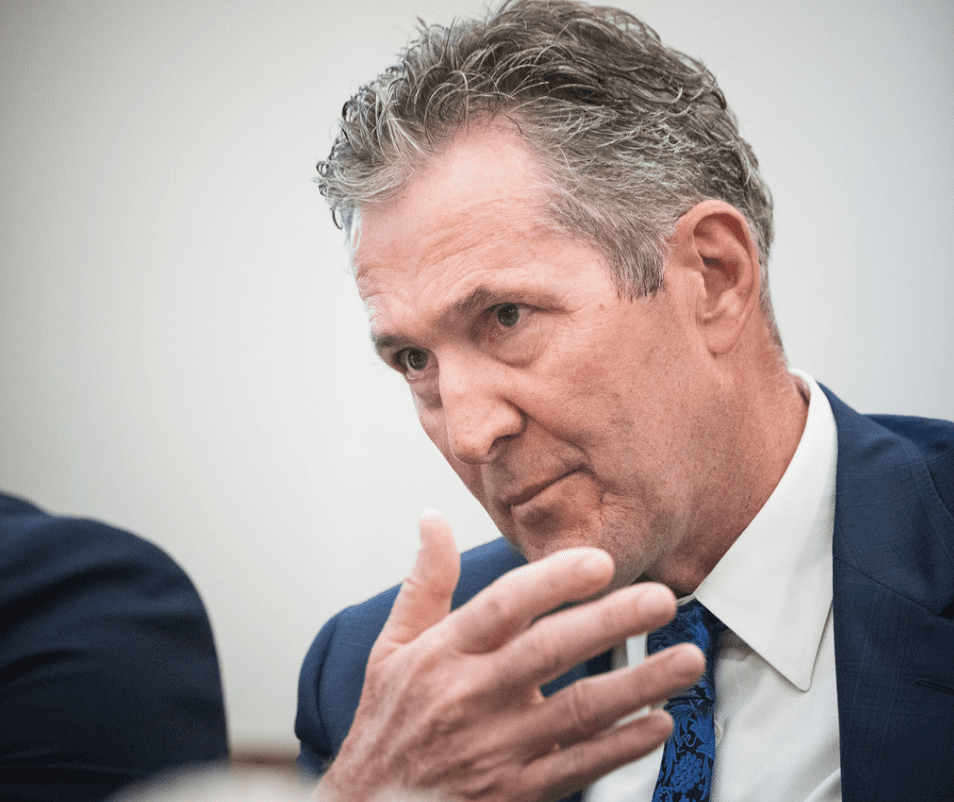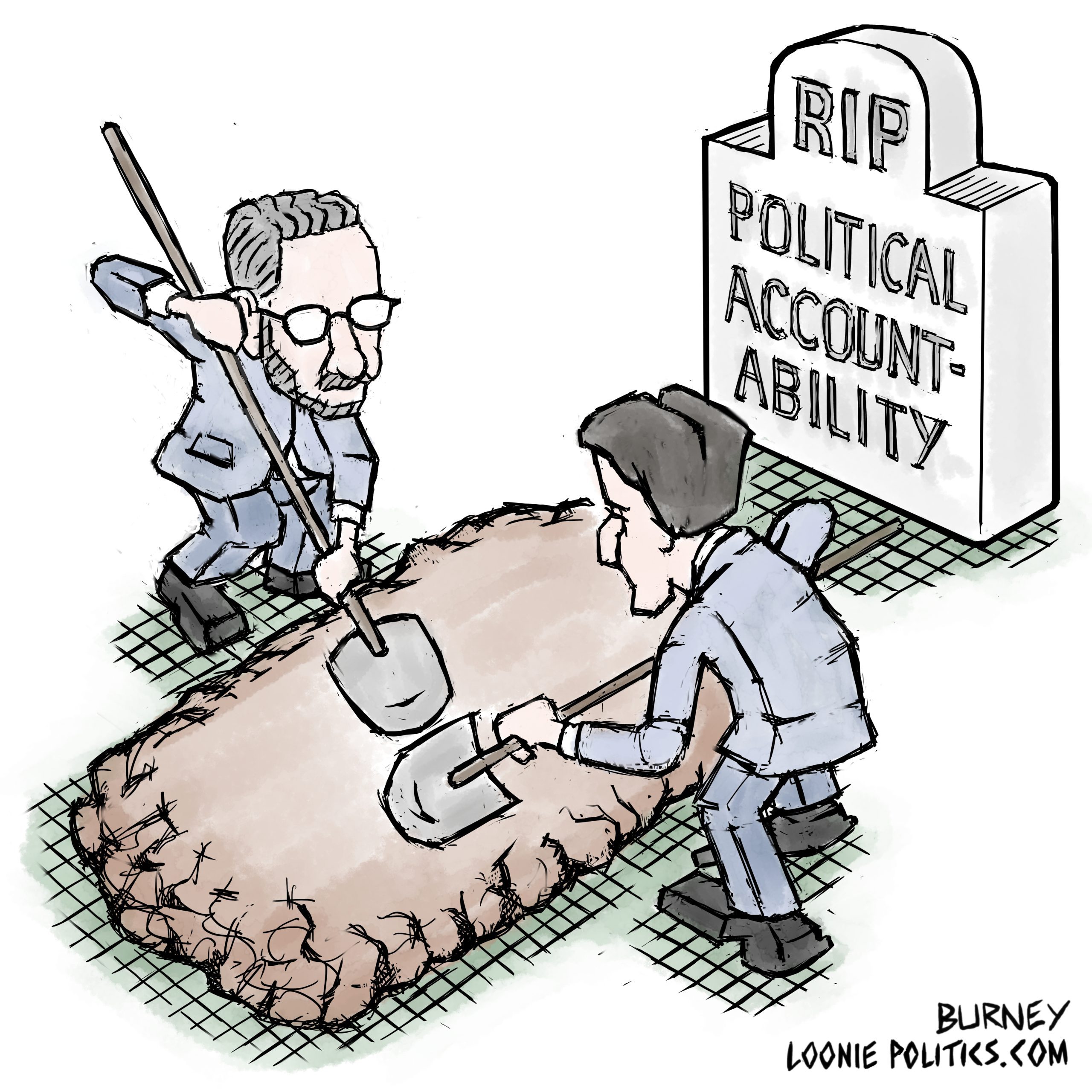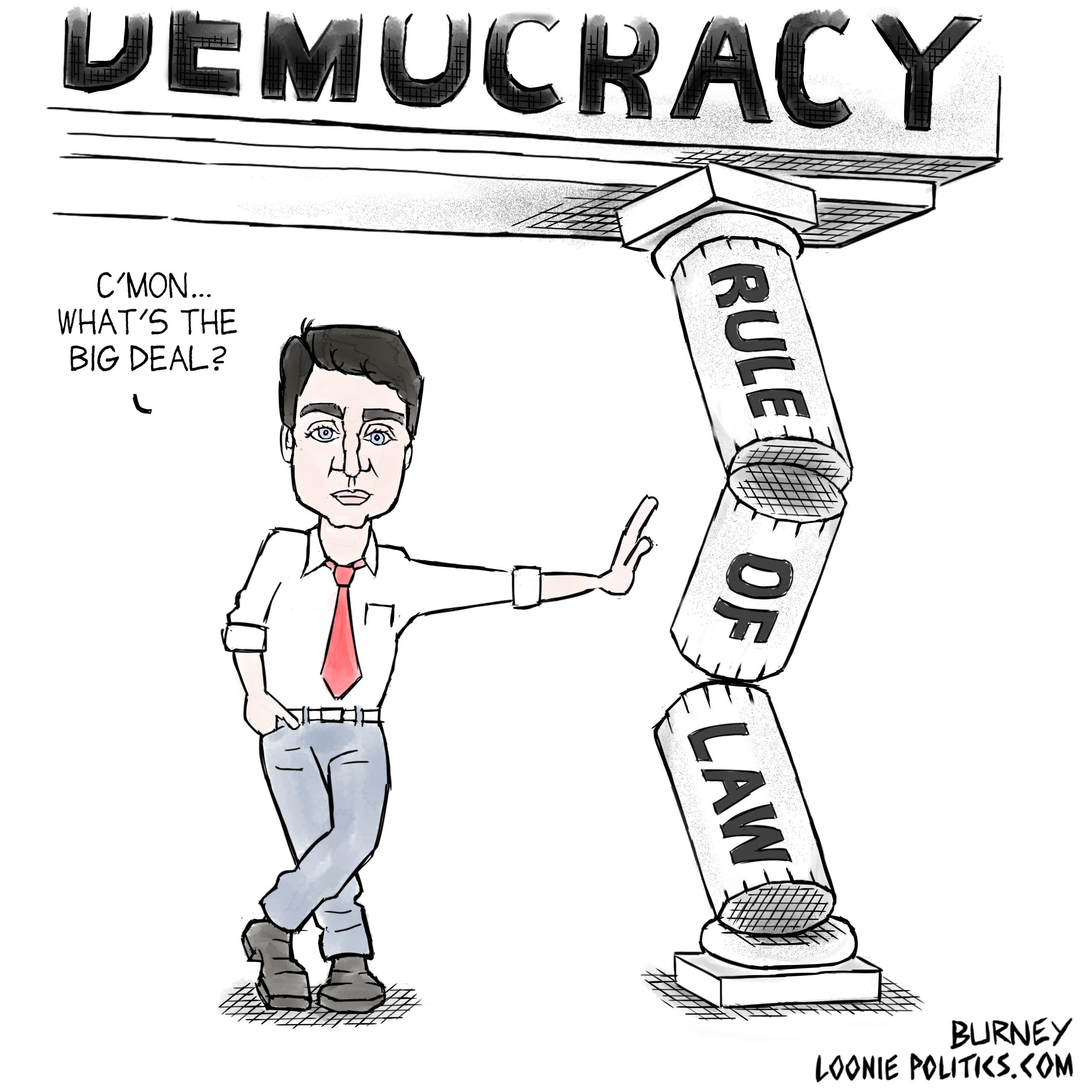There are only so many times you can slam your head against the wall in frustration without threatening the structural integrity of your house. With Prime Minister Justin Trudeau's response to the latest development in the SNC-Lavalin scandal, we've finally had to call some repairers in.
In what may be the most tone-deaf statement made by anyone other than these two, Trudeau accepted full responsibility for Ethics Commissioner Mario Dion's findings that his office's actions were improper, while at the same time refusing to admit that they were, in fact, improper. "I disagree with that conclusion, especially when so many people's jobs were at stake," said he. "My objective was, and always will be, to stand up for people's jobs and livelihoods across the country, while upholding the rule of law and respecting the role of the Attorney General."
Except, as Dion outlined in his report, Trudeau did not uphold the rule of law, nor respect the role of the Attorney General, nor "fully [cooperate] with the Commissioner," nor demonstrate that thousands of jobs were actually at stake. Worse, when asked about the question at the core of this scandal whether or not SNC-Lavalin will get a deferred prosecution agreement, instead of being prosecuted for bribery he declined to rule it out, passing the buck to Attorney General David Lametti. Enjoy those behaviour modification sessions with the short pants, Dave.
So genuine contrition from the Trudeau government is officially off the table. Of course, the best time to make a show of it would have been immediately after the scandal first broke. This is Intro to Issues Management: Take unqualified responsibility, apologize to those affected, and outline how you will do better going forward fast instead of opening yourself up to months of attacks from your opponents and mistrust from everyone else. Would that have been uncomfortable, even humiliating? Absolutely. Ideally, they wouldn't have walked into an opportunity for public humiliation with both eyes wide open.
There are many damning facets to Dion's report the disregard for prosecutorial independence, the misunderstanding of the Attorney General's responsibilities, the coziness between PMO officials and SNC-Lavalin, the continued centralization of PMO power but there is one line that deserves particular focus. In paragraph 308, Dion notes that according to subsection 715.32(3) of the Criminal Code, the "national economic interest" is one of three factors that a prosecutor "must not consider" "when the organization in question is alleged to have committed an offence under section 3 or 4 of the Corruption of Foreign Public Officials Act." Section 3 covers the bribery of public officials, which is precisely what SNC-Lavalin is accused of doing.
That is a direct quote: "must not consider." The Attorney General and the Director of Public Prosecutions were legally, expressly prohibited from prioritizing the factor that Trudeau most wanted them to prioritize, and is still prioritizing himself to this day. The Criminal Code itself undercuts his most frequent and compelling argument. You might argue that "national economic interest" and "local jobs" are not synonymous, as Trudeau's counsel did. But "[a]ccording to Mr. Trudeau, the immediate economic consequences . . . would also cascade onto other sectors of the economy." He knew what he meant.
Furthermore, one of the other factors that a prosecutor must not consider is "the identity of the organization . . . involved." Paragraphs 329 through 333 describe numerous instances in which PMO officials emphasized the electoral consequences of not intervening on SNC's behalf to then-Attorney General Jody Wilson-Raybould. Trudeau himself reminded her that his riding, like SNC's head office, is in Quebec. "In my view," Dion writes, "Mr. Trudeau made this statement to underscore . . . that Ms. Wilson-Raybould's decision not to intervene could have larger political repercussions in Quebec, both for the federal and provincial orders of government." He regards SNC as especially deserving of intervention because it is a Quebec-based company, and Quebec is politically vital. That is the exact opposite of not considering "the identity of the organization."
Did nobody explain to Trudeau the extent to which the DPP's hands were tied, even if they agreed with his view? Or did he think the prospect of electoral losses would be enough for Wilson-Raybould to attempt to untie them? Whatever was in his heart, a deferred prosecution for SNC would be rightly viewed as improper no matter what it took to get it. Every other impropriety is just a sprinkle on top of an awful, awful sundae.
Will any of this matter in the end? It's doubtful that many voters will change their intentions because of LavScam on its own. But the Liberals should know full well what may happen if they are perceived as routinely and intractably crooked. Some parties never learn.
Photo Credit: Jeff Burney, Loonie Politics
Written by Jess Morgan












